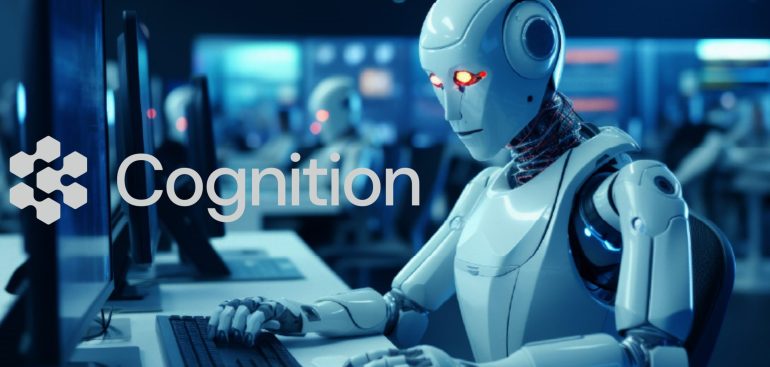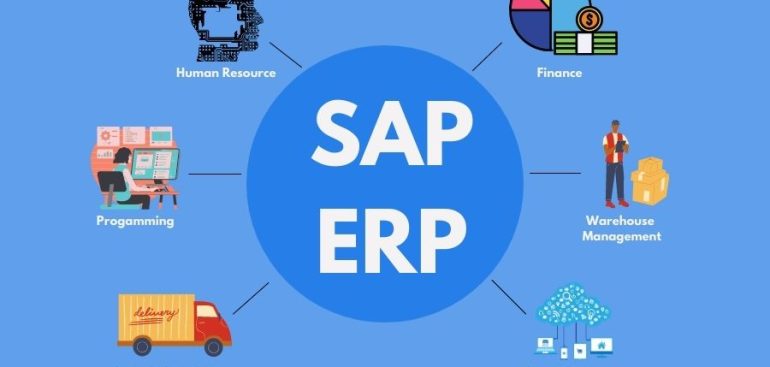Digital marketing has become more than just a trend—it’s a fundamental shift in how businesses connect with their customers and drive growth. In recent years, this boom has revolutionized the way companies promote their products and services, leveraging digital channels to reach wider audiences, engage with customers in real-time, and measure the impact of their marketing efforts like never before.
One of the key drivers behind the digital marketing boom is the exponential growth of internet users worldwide. With billions of people accessing the internet daily, businesses have a vast playground to showcase their offerings and build brand awareness. Social media platforms, search engines, email marketing, and other digital channels have become indispensable tools for reaching potential customers where they spend a significant amount of their time.
Another factor fueling this boom is the unprecedented access to data and analytics. Digital marketing allows businesses to gather valuable insights into customer behavior, preferences, and buying patterns. This data-driven approach enables companies to tailor their marketing strategies, personalize content, and deliver targeted campaigns that resonate with their audience on a deeper level.
Moreover, the rise of mobile technology has further accelerated the digital marketing revolution. With smartphones and tablets becoming ubiquitous, consumers are constantly connected, presenting businesses with new opportunities to engage with them through mobile-optimized websites, apps, and advertisements.
Content marketing has also played a crucial role in the digital marketing boom. High-quality, relevant content has the power to attract, educate, and convert prospects into loyal customers. Whether it’s blog posts, videos, infographics, or podcasts, compelling content can drive traffic, enhance brand credibility, and foster long-term relationships with customers.

Additionally, the advent of marketing automation tools has streamlined processes and enhanced efficiency for businesses. Automation allows marketers to automate repetitive tasks, segment their audience, personalize communication, and track campaign performance in real-time, leading to better ROI and resource allocation.
As we continue to witness the digital marketing boom, businesses must stay agile and adapt to the evolving landscape. Embracing innovation, staying customer-centric, and leveraging data-driven insights will be key to staying ahead in this dynamic and competitive digital era. The opportunities are vast, and the potential for growth is immense for businesses that harness the power of digital marketing effectively.



